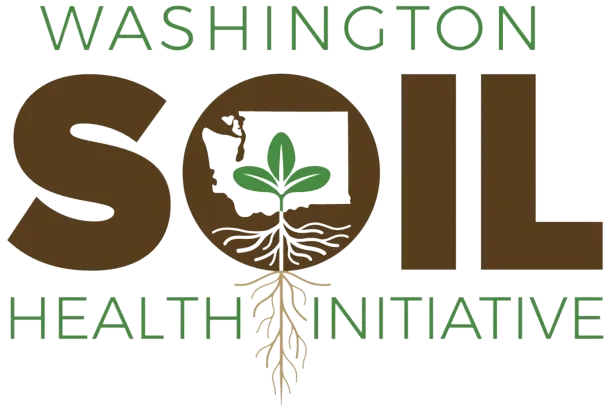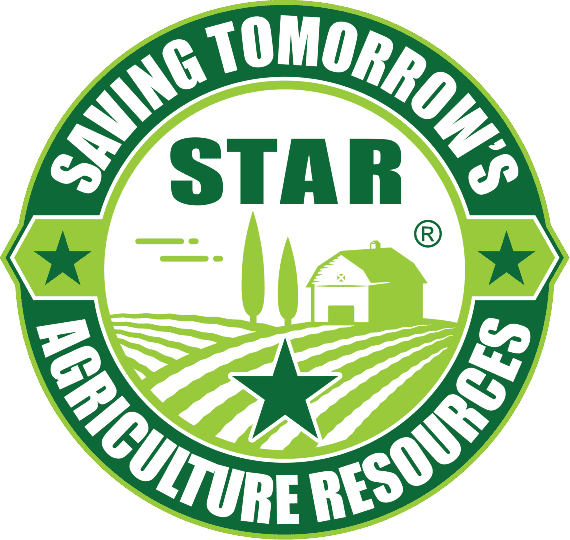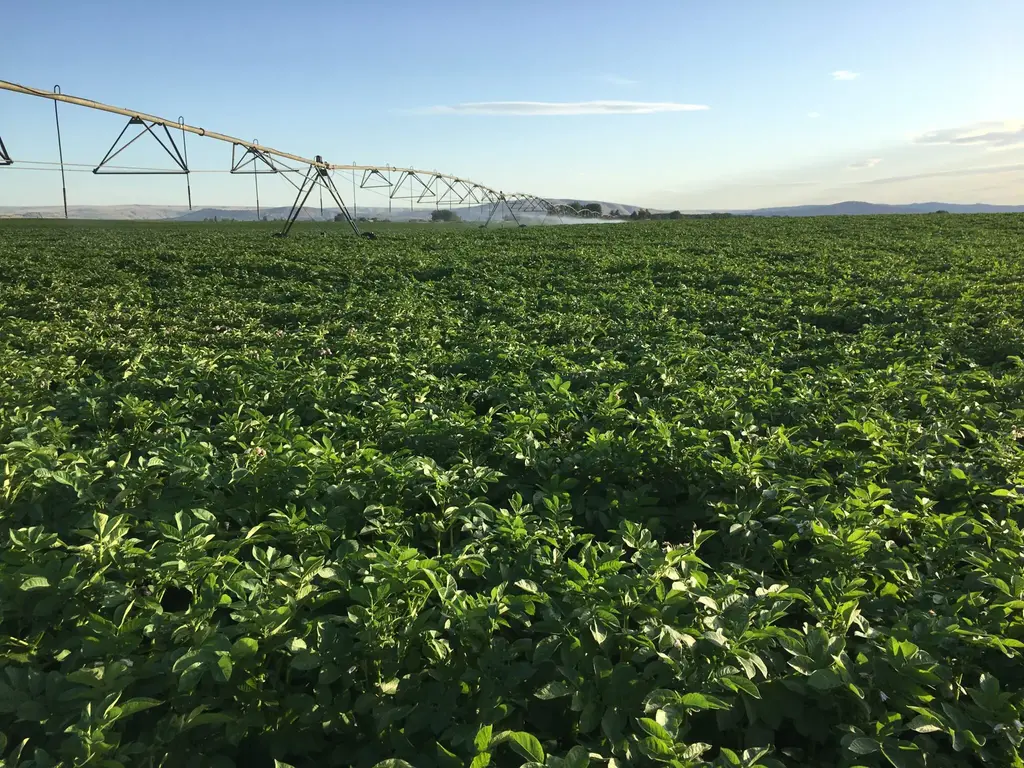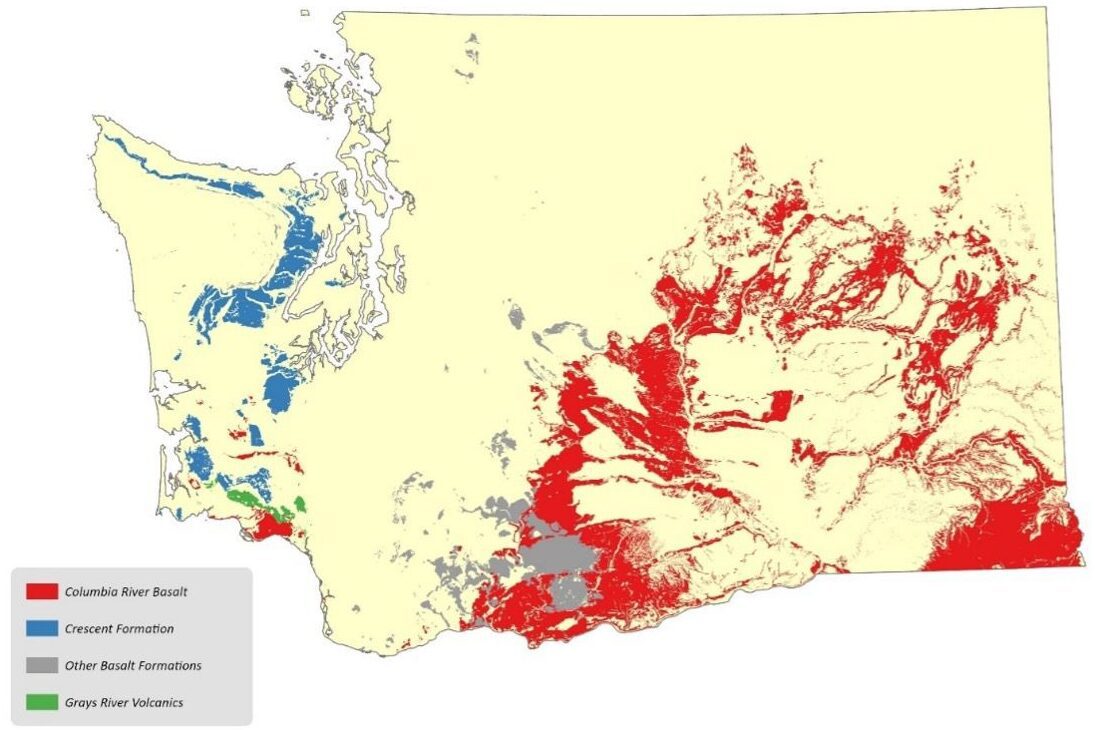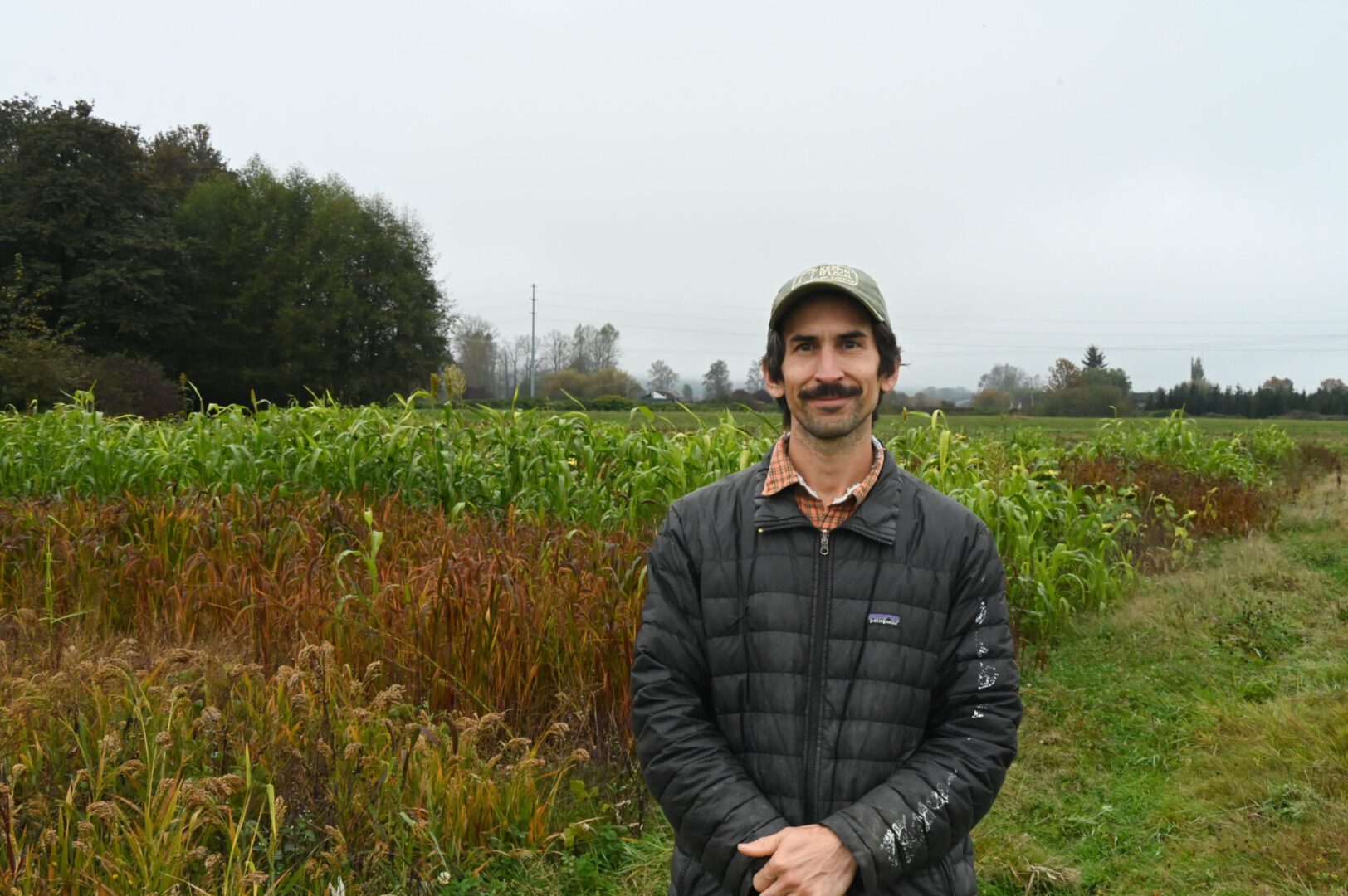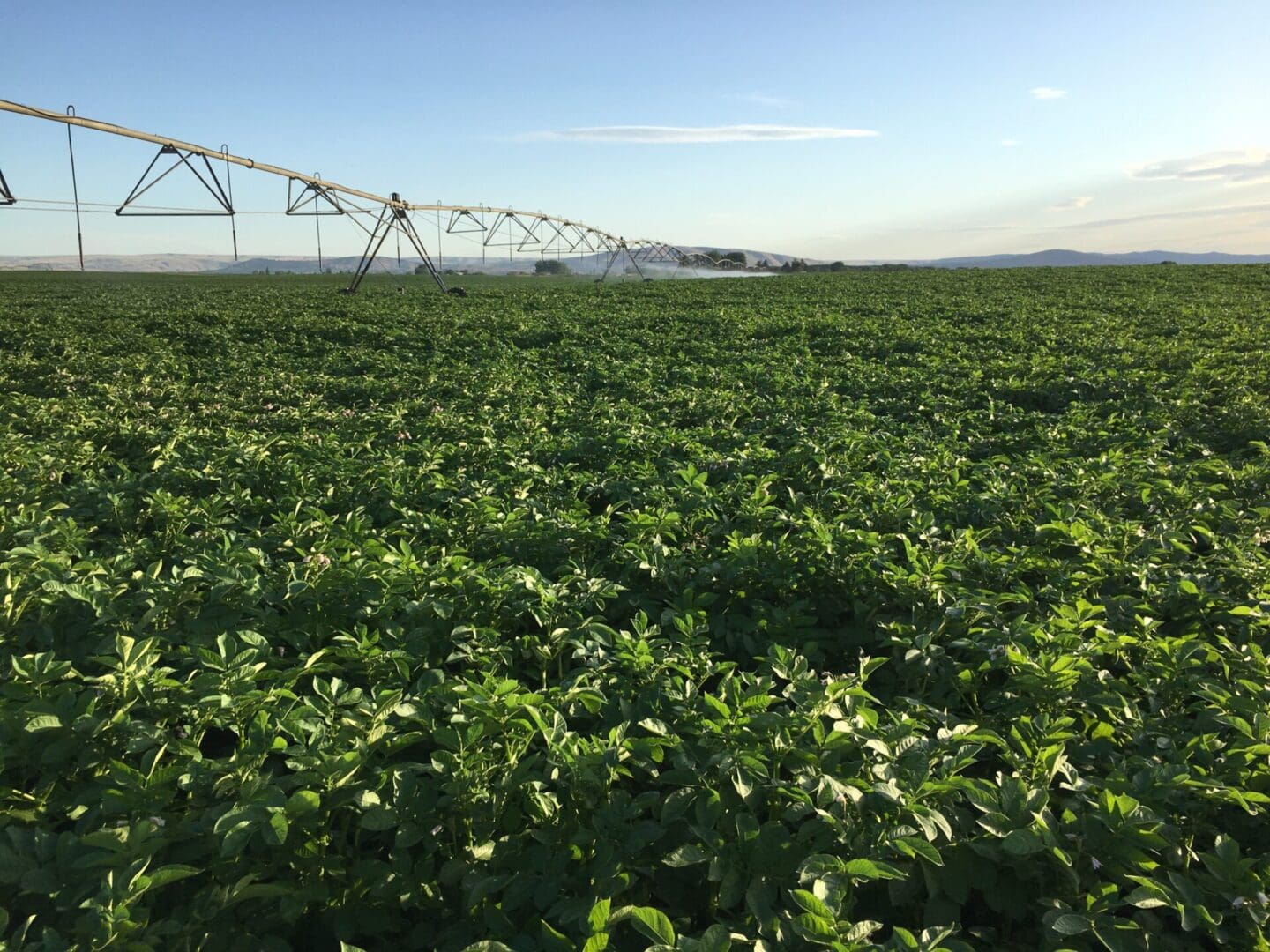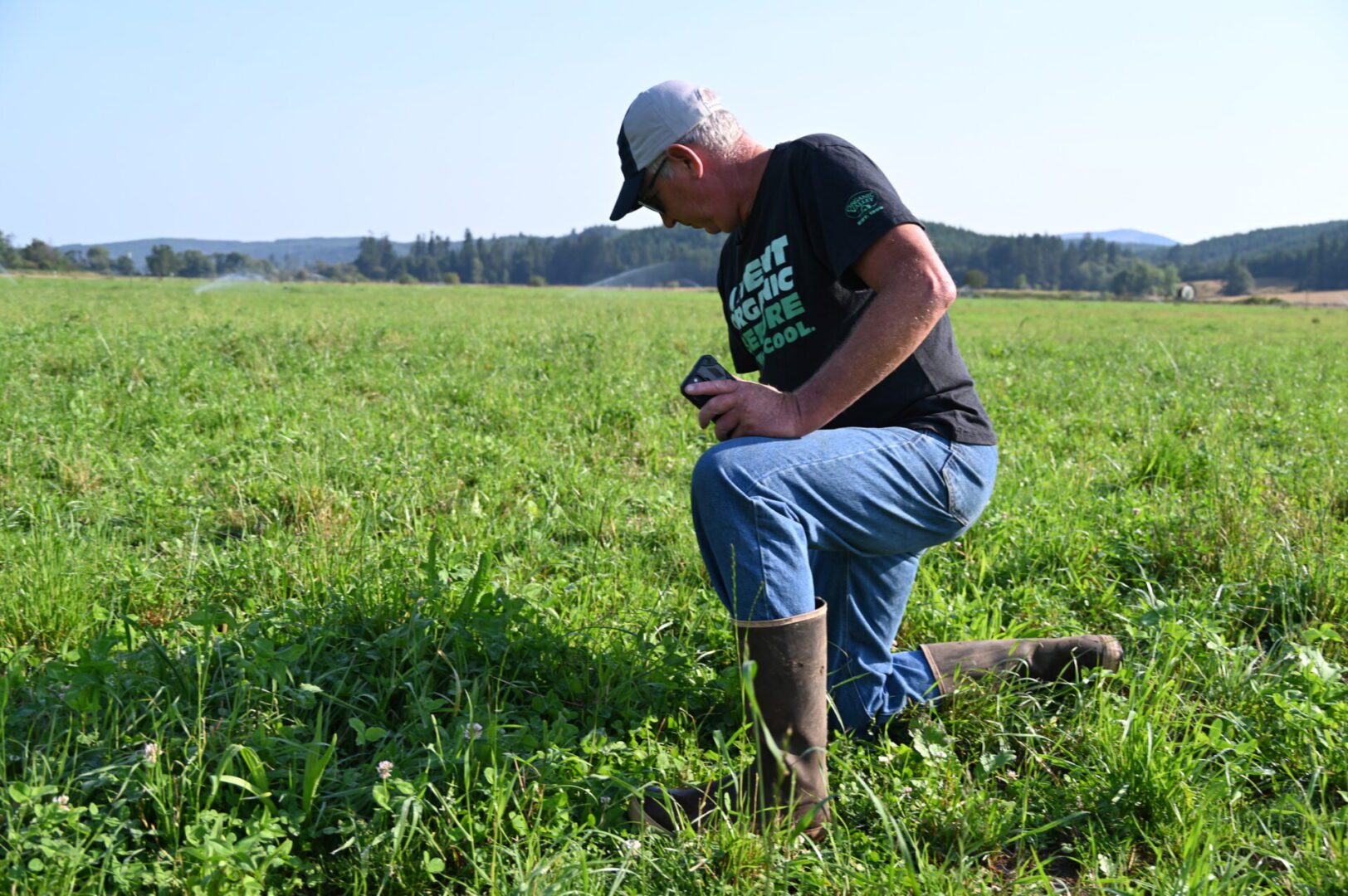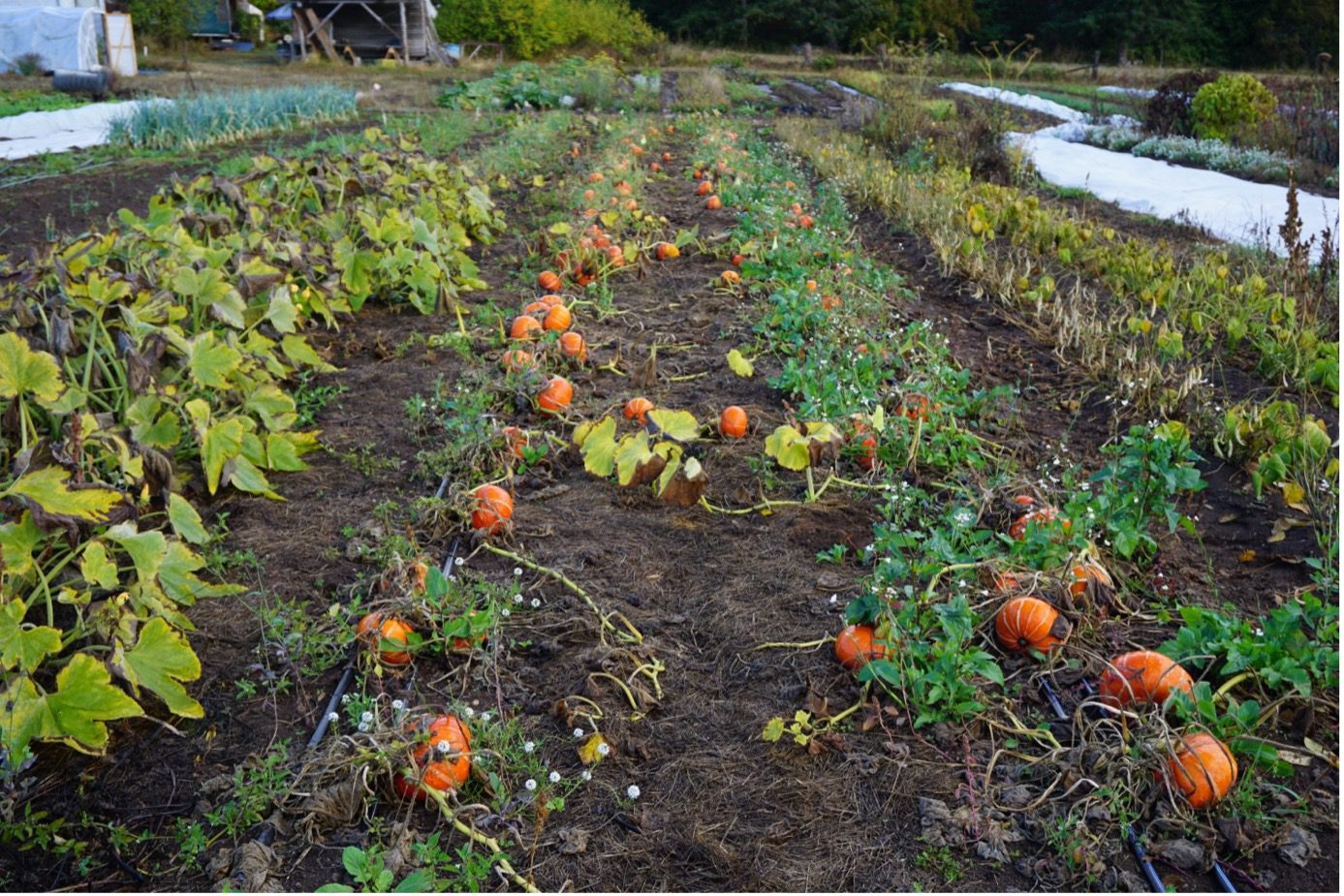Get the Scoop with the WaSHI Blog
Anthony is the Agriculture Program Manager at Oxbow Farm and Conservation Center in Snoqualmie Valley…
Sustainable Farms and Fields, a still relatively new program of the Washington State Conservation Commission…
The Washington State Climate Resilience Strategy has officially been released, replacing the 2012 version with…
Just south of the tiny town of Curtis, WA, Maynard Mallonee and his son Jack…
The WaSHI LTARE site network translates vital, long-term research into soil health practices across Washington’s diverse agricultural regions.
Farmers often apply soil amendments like fertilizer or compost to improve their soil fertility and soil health. However, many times the soil amendments must travel many miles to the field.

